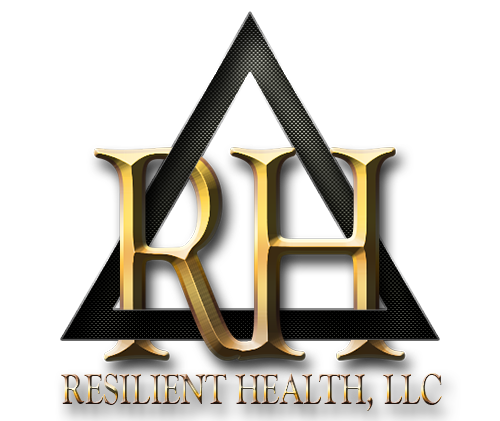Nutrition Basics for Better Recovery: What to Eat After a Workout
Recovery is a crucial part of any fitness program. What you eat after a workout directly impacts your muscle repair, energy restoration, and overall performance in subsequent sessions. Proper post-exercise nutrition helps reduce muscle soreness, replenish glycogen stores, and support immune function.
In this post, we’ll break down the essential nutrition principles for optimal recovery and highlight the best foods to eat after your workouts.
Why Post-Workout Nutrition Matters
Exercise causes microscopic damage to muscle fibers and depletes energy reserves like glycogen. To repair muscles and prepare for your next workout, your body needs adequate nutrients, especially:
Protein to repair and build muscle tissue.
Carbohydrates to replenish glycogen stores.
Fluids and electrolytes to restore hydration and balance.
Scientific studies show that nutrient timing within 30 to 60 minutes post-exercise can maximize recovery and improve muscle protein synthesis (Phillips et al., 2016).
Key Nutrients for Post-Workout Recovery
1. Protein: Building Blocks of Repair
Protein provides amino acids necessary for muscle repair and growth. Aim for 20-40 grams of high-quality protein after training.
Good sources include:
Lean meats (chicken, turkey)
Fish (salmon, tuna)
Dairy (Greek yogurt, cottage cheese)
Plant-based options (lentils, chickpeas, tofu)
Protein powders (whey, pea, rice)
2. Carbohydrates: Refuel Your Energy
Carbohydrates restore muscle glycogen, the stored form of energy used during exercise. The amount needed varies by workout intensity but generally ranges from 0.5 to 1.2 grams per kilogram of body weight.
Good sources include:
Whole grains (brown rice, quinoa, oats)
Fruits (bananas, berries, apples)
Vegetables (sweet potatoes, beets)
Legumes (beans, lentils)
3. Fluids and Electrolytes: Rehydrate and Balance
Sweating during exercise causes fluid and electrolyte loss. Replenishing these helps maintain performance and prevents cramping.
Drink water or an electrolyte beverage.
Include foods rich in potassium and magnesium, like bananas and spinach.
Sample Post-Workout Meals and Snacks
Grilled chicken breast with quinoa and steamed broccoli.
Greek yogurt parfait with mixed berries and a drizzle of honey.
Smoothie with whey protein, banana, spinach, and almond milk.
Lentil and vegetable stir-fry with brown rice.
Tuna salad sandwich on whole-grain bread.
Tips for Maximizing Recovery Nutrition
Eat within 30-60 minutes post-workout for optimal nutrient uptake.
Combine protein and carbohydrates in the same meal.
Avoid excessive fats immediately post-exercise, as they may slow digestion.
Prioritize whole, minimally processed foods for nutrient density.
Don’t forget overall daily nutrition; recovery depends on consistent eating habits.
Final Thoughts
Optimizing your post-workout nutrition accelerates recovery, reduces fatigue, and enhances muscle growth. By prioritizing protein, carbohydrates, and hydration, you support your body’s natural repair processes and set yourself up for ongoing success.
If you want personalized nutrition plans tailored to your goals and lifestyle, Resilient Health offers expert coaching that integrates science with real-life practicality.
References:
Phillips SM, Moore DR, Tang JE. (2016). A critical examination of dietary protein requirements, benefits, and excesses in exercise and sport. Nutrients.
Burke LM, Hawley JA, Wong SH, Jeukendrup AE. (2011). Carbohydrates for training and competition. Journal of Sports Sciences.

